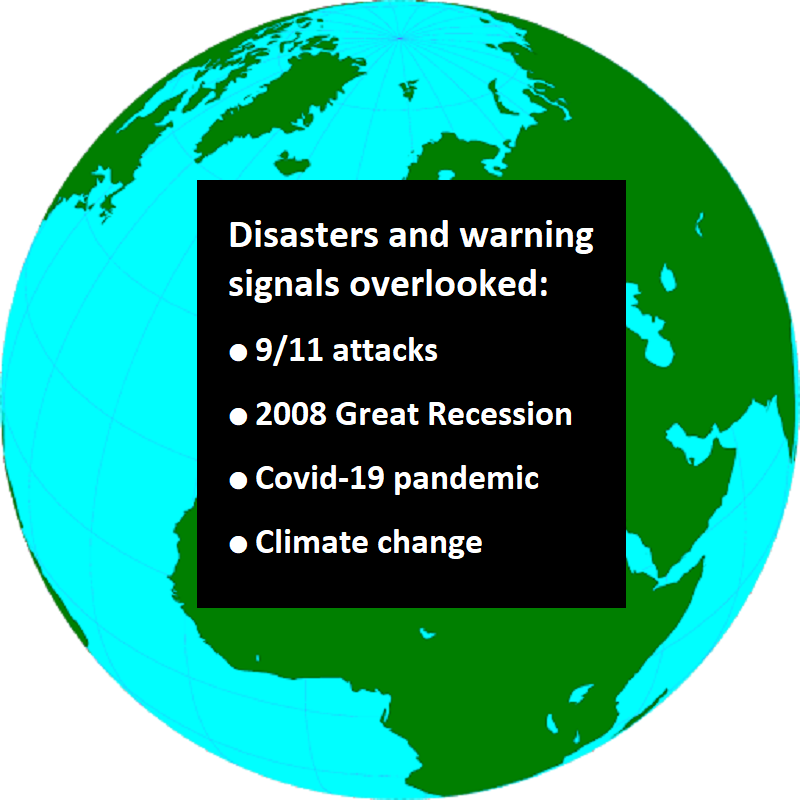How We Broke the World: NYT
Global insecurity has intensified with the gradual dismantling of protections. “Over the past 20 years, we’ve been steadily removing man-made and natural buffers, redundancies, regulations and norms that provide resilience and protection when big systems – be they ecological, geopolitical or financial – get stressed,” explains Thomas Friedman for the New York Times. Obsession with short-term efficiency and growth replaced long-term and led to reckless and extreme behaviors that breach “common-sense political, financial and planetary boundaries.” At the same time, globalization has become faster with the world more interdependent while more vulnerable to shocks, including the 9/11 attacks, the 2008 Great Recession, and the Covid-19 pandemic. He summarizes each event and the early warnings that went ignored, and points to climate change, what he calls “global weirding,” as another unfolding disaster. Globalization is inevitable and left unchecked can spread inequality, extremism, ruthless competition and other troubles. “As the world gets more deeply intertwined, everyone’s behavior – the values that each of us bring to this interdependent world – matters more than ever,” Friedman concludes. “Do unto others as you wish them to do unto you, because more people in more places in more ways on more days can now do unto you and you unto them like never before.” – YaleGlobal
How We Broke the World: NYT
Globalization and failure to conduct long-term planning, ignoring clear warnings on obvious security, financial and health problems, ensure disaster
Tuesday, June 2, 2020
Read the article from the New York Times about how the lack of preparation and rejection of warnings for known challenges, combined with globalization, ensure global disasters.
Thomas L. Friedman is the foreign affairs Op-Ed columnist. He joined the paper in 1981 and has won three Pulitzer Prizes. He is the author of seven books, including “From Beirut to Jerusalem,” which won the National Book Award.

The New York Times
© 2020 The New York Times Company